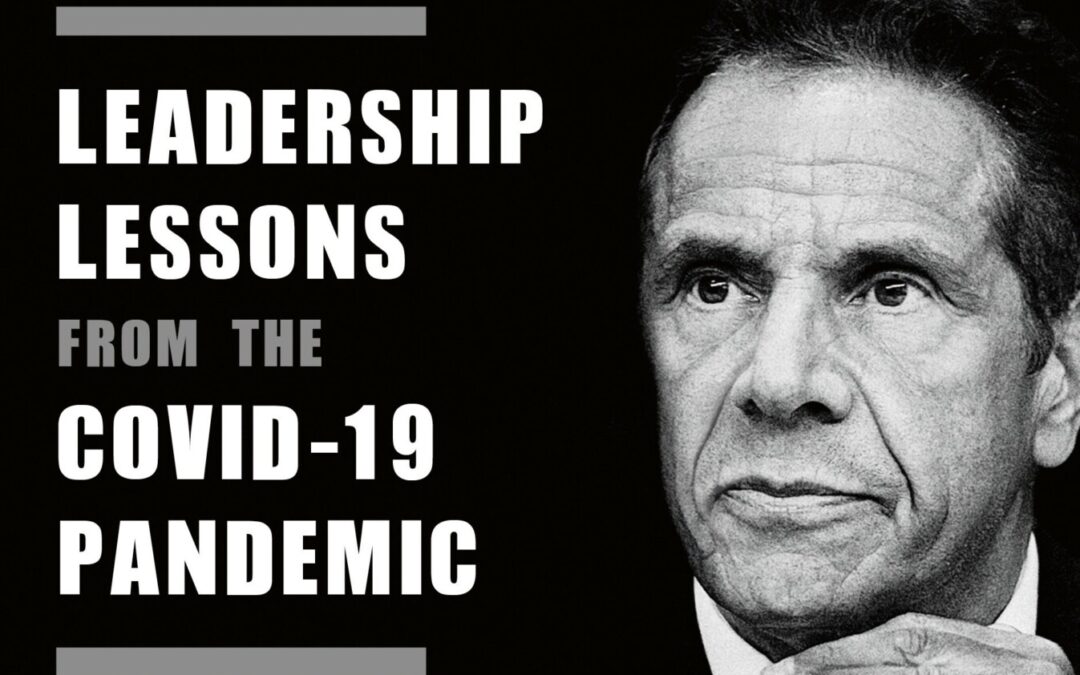Editor’s Note: This is a follow-up to Death By Procedure, which explored the adverse impact of our tortious culture on the pandemic response.
Incentives matter. Since everything in America now seems to be all about politics, it should follow that what is done by our politicians is rarely apolitical. We saw, in New York State, that our failures in coping with the COVID-19 outbreak were typically political.
Which is not to say that America is rare in this failing. India is being devastated by COVID a full year into its devastating lessons. Much of their failure is pure political hubris: Indian politicians want an independent capability in virus development and manufacture. Bet you will never see an Indian COVID patient, dying in neglect, say “I die for my minister’s touts.” Only a bureaucrat would make (or can make) this calculation. We also know as a stone cold fact that politicians never extend this “necessary sacrifices have to be made” ethic to themselves and theirs.
The leadership failure of the Cuomo administration was rooted in political incentives: he was in a political struggle with the President (all Democrats were), he had perverse incentives in serving his donors (healthcare institutions and nursing homes), and he was trying to sell a book. I have ridden this hobby horse in these pages for five years: just the appearance of perverse incentives is enough to discredit a politician.
For a clinical institution, the incentives to cover over mistakes are just as great. The difference is the consequences that keep their wants checked by their risks. Any academic would be defenestrated for doing so. Even “manipulating” data (short of falsifying it) that results in people losing their lives can destroy any non-political institution. Only a politician can alter data, which affected the way the battle was being fought, with the battle botched by the one altering the data. It was a closed feedback loop. Cuomo would have gotten away with it if it were not for… wait-for- it… the political incentives of his rival, Letitia James.
Add this factor: abstract risk, in terms of liability and procedure, overrode the actual risks of the patients exposed to the virus. The lawyer in his office, the bureaucrat at his spreadsheet (the official wanting a boast of technology nationalization), can override the patients facing the virus, for real.
Which brings us to a ground-level look at the outcome: the governor marshaled all sorts of resources, but was unable to use them effectively. We did not discharge nursing home patients to the Javits Center, and the USS Comfort was never used for the quarantine of COVID patients. This is the most understandable aspect of the mistake: a plague outbreak on a ship is a legendary problem. USS Comfort was to serve as a fully equipped hospital, and its critical care capabilities and full operating suites would have been compromised. Though, in retrospect, it seems sure that she had better tools (staff better prepared) for virus defense than the nursing homes did, which are required to render only “adequate care.”
What is harder to fathom is the underutilization of the Samaritan’s Purse tent facility in Central Park: I drove by the site almost every day, waving at the idle staff, and regularly saw row upon row of empty cots. This also appears rooted in incentives: there is more web traffic on Samaritan’s Purse’ accused phobias (too many to cite here; Google it) than debates on the wisdom of using resources at hand, irrespective of their degree of “woke.” Informed, reasoned debates (like mine here) on why patients were returned to the high-risk nursing homes when plenty of alternatives were available are less pertinent than selling media for our incessant Kulturkampf (penned by writers in safe isolation, no doubt). It’s hard to imagine City Council leaders who tweeted disapproval of Samaritan’s Purse from their fortresses of protection doing the same if they were in a nursing home ablaze with the virus. From what I saw of COVID, I’d be incentivized to take shelter among Hare Krishnas, if I had to. Needless to add, those facing the actual risks were never given the choice.
The needs of those closest to the risks of the virus should have been accorded our top priority (along with opening adaptability enough to let them do something about it). Most of the world’s economy is still in lockdown. Yet we did not have the incentives to address this obvious prime risk.


Active Comment Threads
Most Commented Posts
Universal Background Checks – A Back Door to Universal Registration
COVID Mask Follies
When Everything Is Illegal…
An Anti-Vax Inflection Point?
“Not In My Name”
The Great Social Media Crackup
War Comes Through The Overton Window
The First Rule of Italian Driving
Most Active Commenters